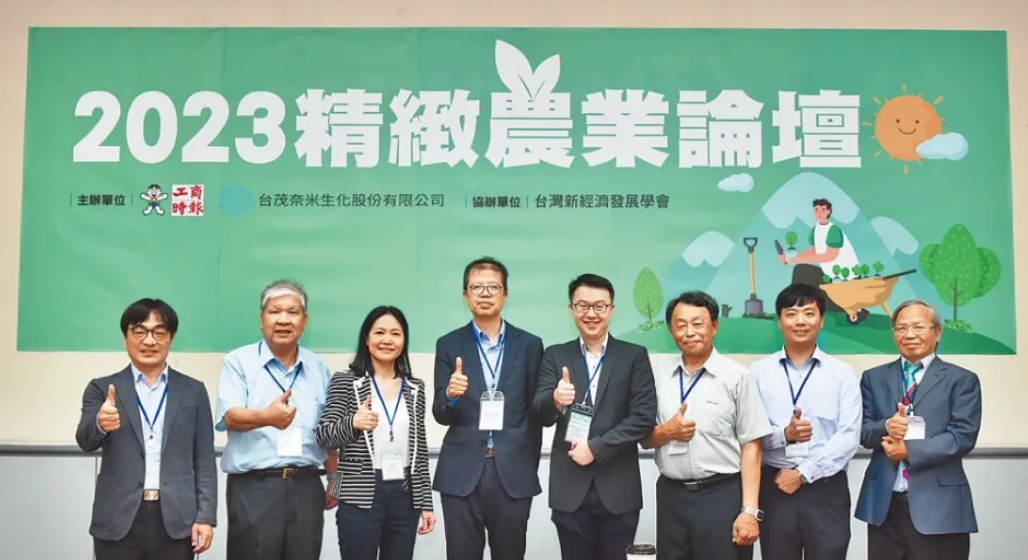2023-05-26 Advancing Agriculture with High-Tech Nano-Fertilizers: Boosting Quality, Yield, and Environmental Protection
In the pursuit of sustainable agriculture, the use of nanotechnology and high-tech nano-fertilizers is emerging as a game-changer. Currently, the heavy reliance on chemical fertilizers and pesticides poses significant ecological and health concerns. By harnessing nanotechnology, we can revolutionize agricultural production, enhancing competitiveness while safeguarding the environment and public health.
Enhancing Crop Growth with Nano-Fertilizers:
Nanotechnology offers a powerful tool to optimize crop growth. Nano-fertilizers, which deliver nutrients in a targeted and controlled manner, can significantly boost yield and improve the quality of agricultural products. By maximizing nutrient absorption, these advanced fertilizers can promote healthy plant development, leading to larger and more nutritious harvests.
A Sustainable Approach to Pest Management:
Traditional chemical pesticides are notorious for their detrimental effects on the ecosystem. However, with nanotechnology, we can develop innovative, eco-friendly solutions. Nanoparticles can be engineered to release natural insect repellents or disrupt pests' breeding cycles, effectively reducing the need for harmful chemical alternatives. This approach not only protects crops from pests but also ensures a safer environment for farmers and consumers alike.
Precision Farming for Optimal Harvests:
High-tech advancements in agriculture enable farmers to make informed decisions with real-time data. Through the integration of nanosensors and advanced analytics, citrus farmers can monitor their Maogu tangerine crops closely. This technology enables precise identification of the best harvest time, leading to improved fruit quality and higher market prices. Similar strategies can be applied to other fruits like Ganlu pears, maximizing yields and providing consumers with superior products.
Environmental Protection and Root Health:
The combined efforts of Diamond's nano-biochemical technology and Chung Hsing University's microbial technology offer a groundbreaking approach to root health and environmental protection. Nano-biochemicals protect plant roots from stress factors and enhance nutrient uptake, improving overall plant vigor. Furthermore, the integration of microbial technology enhances soil health, increasing its fertility and reducing the need for harmful chemical interventions.
Advantages of High-Tech Nano-Fertilizers:
Increased Crop Yield: Nano-fertilizers deliver nutrients efficiently, leading to higher crop yields and overall productivity.
Enhanced Nutritional Content: By promoting healthier plant growth, nano-fertilizers can enhance the nutritional value of agricultural products.
Reduced Environmental Impact: Eco-friendly nano-fertilizers and pest management techniques minimize the negative impact on the environment and ecosystem.
Safer for Farmers and Consumers: The shift away from harmful chemicals ensures the safety of farmers during application and results in healthier, pesticide-free produce for consumers.
Sustainable Agriculture: Integrating nanotechnology into agriculture paves the way for a more sustainable and environmentally friendly farming approach.
Conclusion:
Incorporating high-tech nano-fertilizers and nanotechnology in agriculture offers a promising path towards achieving improved quality, higher yields, and enhanced environmental protection. By transitioning away from conventional chemical fertilizers and pesticides, we can build a more sustainable agricultural sector that addresses the challenges of the future while ensuring the well-being of the planet and its inhabitants.

 Language
Language
